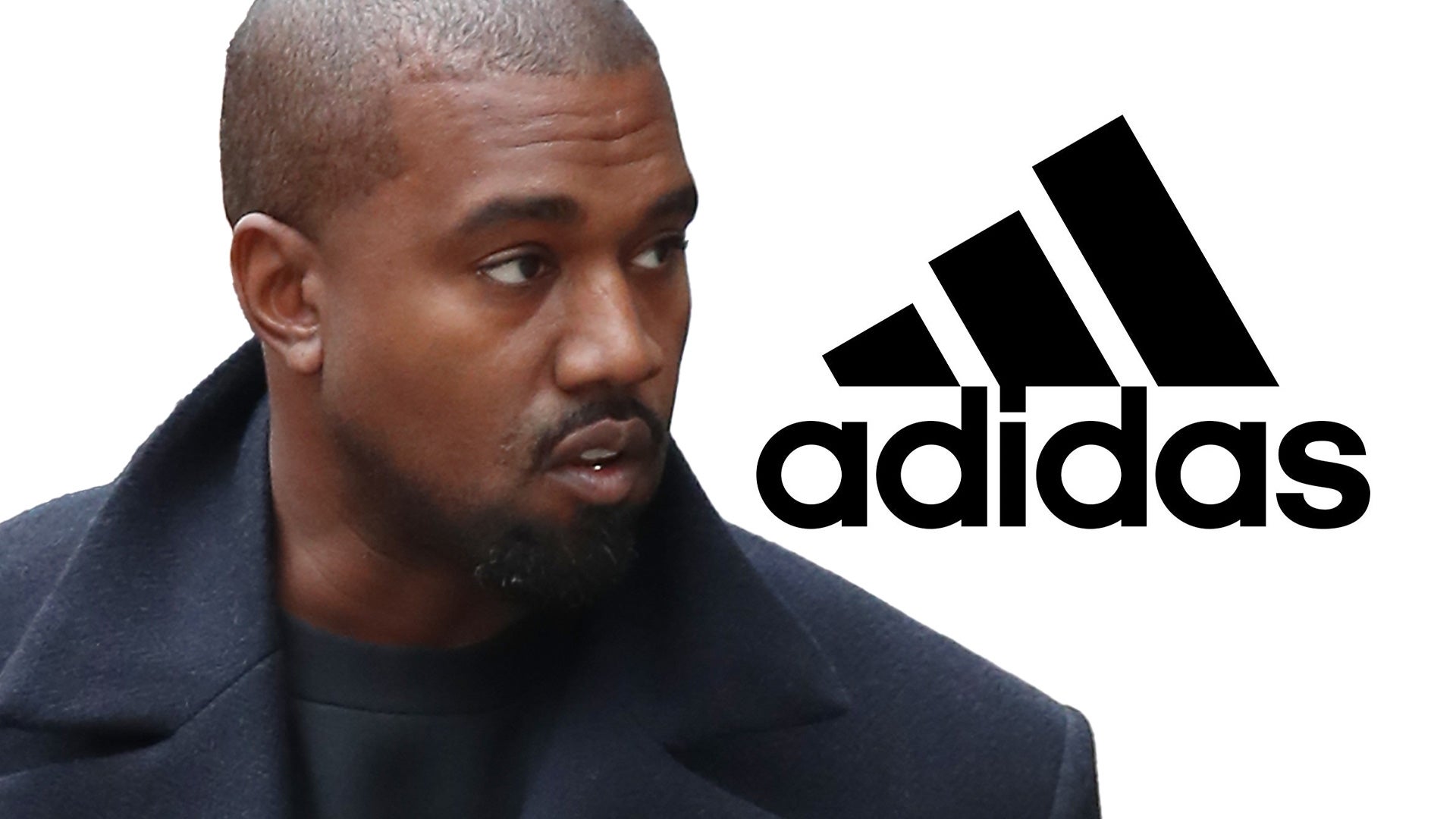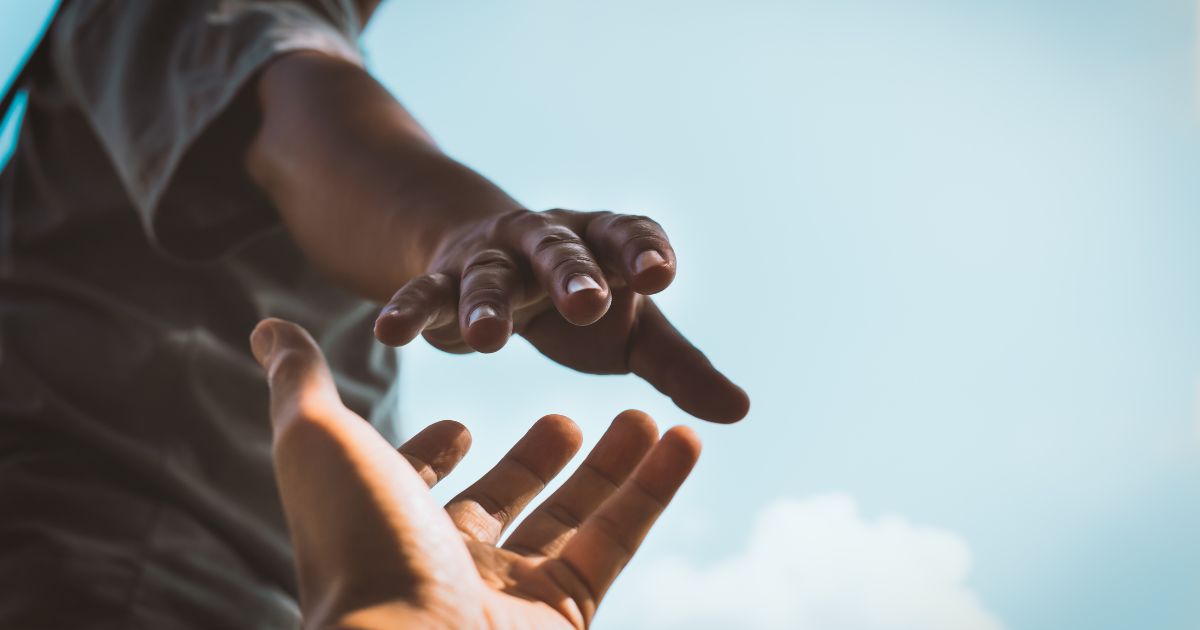Ye (formally known as Kanye West) is under scrutiny again for his controversial remarks. Who’s to blame for his downfall: His mental condition or us?
We at a Curvy Mom want to expressly state that we do not agree with or condone any anti-Black, anti-Semitic, or otherwise insensitive statements that Ye has said. We only wish to open a dialogue about how Ye’s peers, the media, and society as a whole treats Ye as a person in regards to his mental illness.
Ye and the warning signs of bipolar disorder
Ye was diagnosed with bipolar disorder in 2016. In an interview with David Letterman in 2019, Ye opened up about how his manic highs made him feel. “When you’re in this state, you’re hyper-paranoid about everything…Everyone is now an actor. Everything’s a conspiracy,” Ye said. “You pretty much don’t trust anyone.”
Yet before he was properly diagnosed, some argued that Ye showed signs of mental illness…and seemingly no one stepped in until he was hospitalized for a psychiatric emergency the same year he was finally diagnosed.
From his infamous response to how the Bush Administration handled the victims of Hurricane Katrina in 2005 (“George Bush doesn’t care about black people,” Ye said) to his show-stopping announcement in 2009 at the MTV Music Video Awards during Taylor Swift’s award acceptance speech (“Yo Taylor, I’m really happy for you, I’ll let you finish, but Beyoncé has one of the best videos of all time,” Ye said), the rapper’s remarks were generally regarded by the peers and public as Ye expressing his freedom of speech.
Why is Ye’s mental illness not a focal point in the conversation?
In recent years, Ye is now being fundamentally (and in most cases, rightfully so) condemned for his comments, losing long-standing brand sponsorships like Adidas and Balenciaga due to his actions.
While some media outlets cite Ye’s mental illness as something he deals with, they do not inherently blame it as the catalyst for Ye’s remarks. Nor should they. However, we believe there’s a clear disconnect in how we treat Ye and his mental illness as separate issues.
For example, Adidas began collaborating with Ye in 2015 (before he was diagnosed) and stuck by his side during many of his controversial moments (like Ye saying, “Slavery is a choice” in 2018 and wearing a “White Lives Matter” shirt just earlier this month), yet only now have they decided to cut ties with the rapper after he argued with them on financial differences…and still continue to sell the Yeezy design without Ye.
We could argue Adidas, among other peers in Ye’s circle, potentially used him for financial gain without a care for his actions and mental health…even though his mental health can debatably be related to his actions.
Related link: Women Let’s Unite

Are we helping or hurting Ye’s situation?
Speaking of Ye’s peers, people like his ex-wife Kim Kardashian or long-time friend and fellow rapper Jay-Z were a part of his life before and after his diagnosis, and were seemingly largely silent on his actions and condition. We wonder how Ye’s mental health would have been impacted had they spoken up before he was seen as a social pariah.
With Ye being a Black man dealing with a mental illness so publicly, it sparks the question: Are we making his issue worse? While the greater conversation of Black men and a lack of access to mental wellness resources can be had, it’s safe to assume that Ye not getting the help he needs is a problem that is exacerbated by how we watch his downfall as mere “celebrity drama.”

Mental illness should not be a spectacle
We’ve seen this happen before: A Black man acts out in a way that is largely condemned while neglecting what potentially sparked the action in the first place. Think of Will Smith assaulting Chris Rock on live television at the Oscars, or Tyrese Gibson having an emotional breakdown on camera about potentially losing custody of his daughter.
These very personal moments were displayed online to be consumed and dissected by millions. In some cases, they are even mocked and turned into comedic memes. Yet the underlying gravity of these situations was often dismissed as “celebrity drama” instead of being spoken about in the serious manner that they deserved.
When it comes to Ye, we see this happening again. While Ye is an adult and responsible for his poor choices, we can also say that in many ways his actions are a cry for help. Help that he isn’t getting because his every action is immediately criticized rather than empathized.
Watching Ye and celebrities like him damage their careers is not entertainment. It’s a display of mental illness being used as such to avoid a more complex conversation: Celebrities are human beings who, too, deserve mental wellness.
Related article: I struggle with mental health issues

